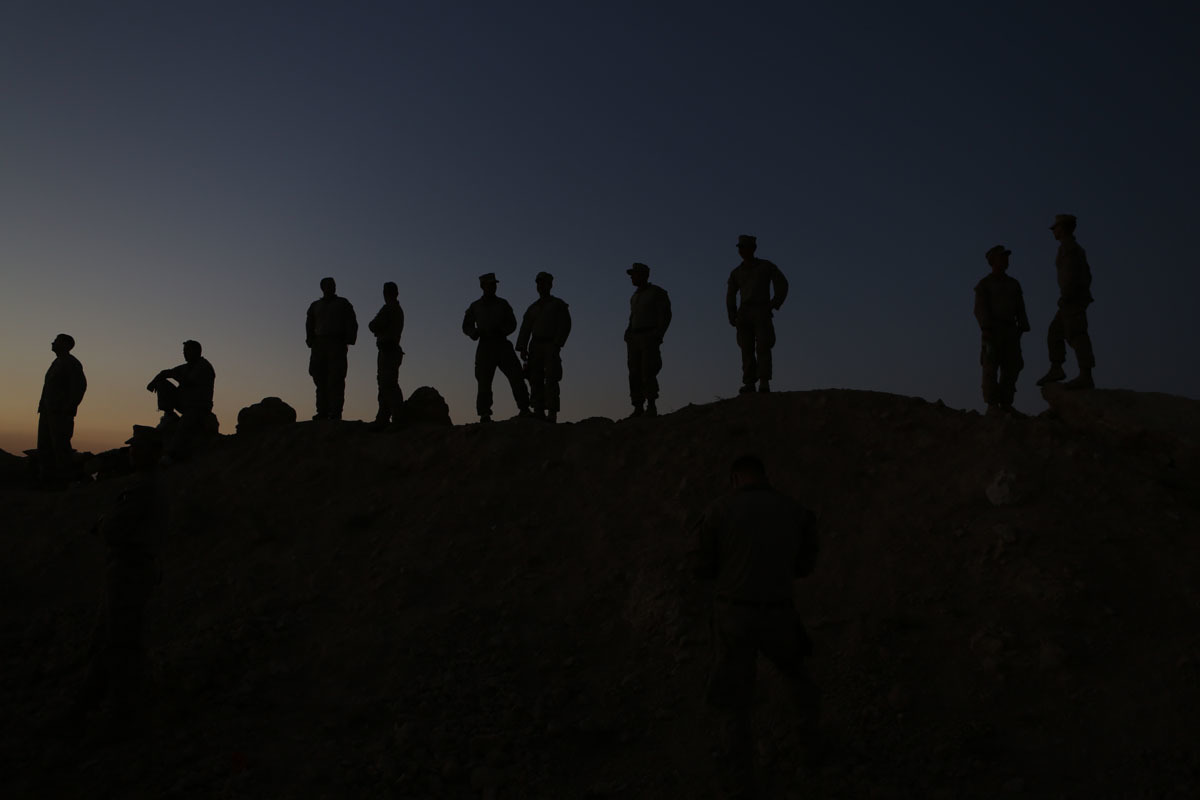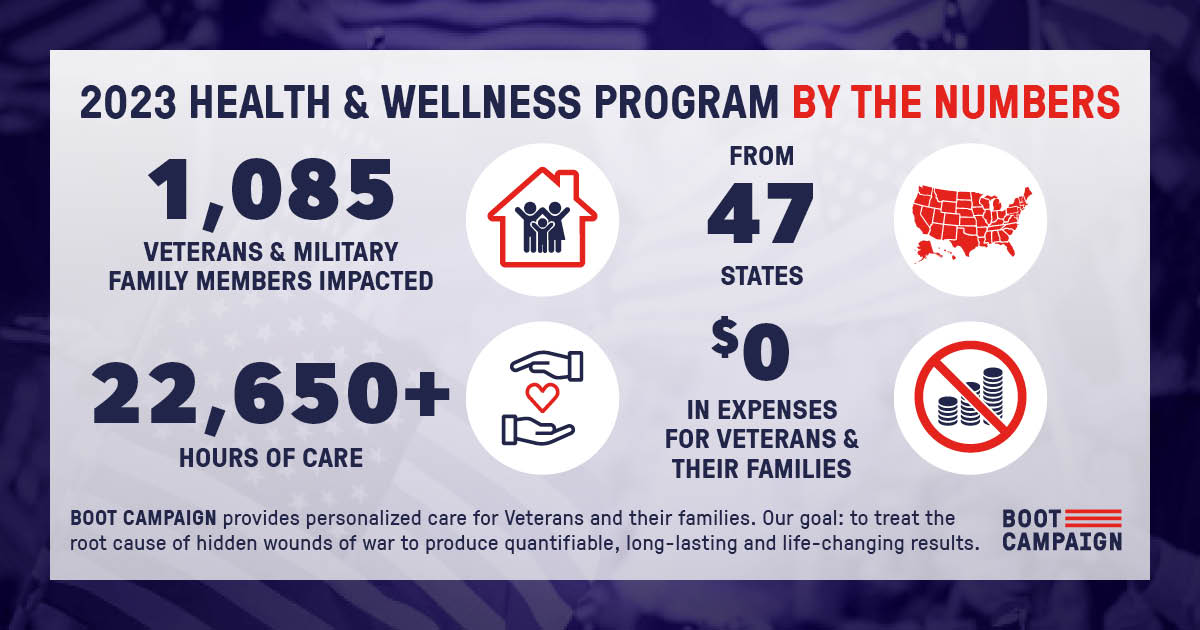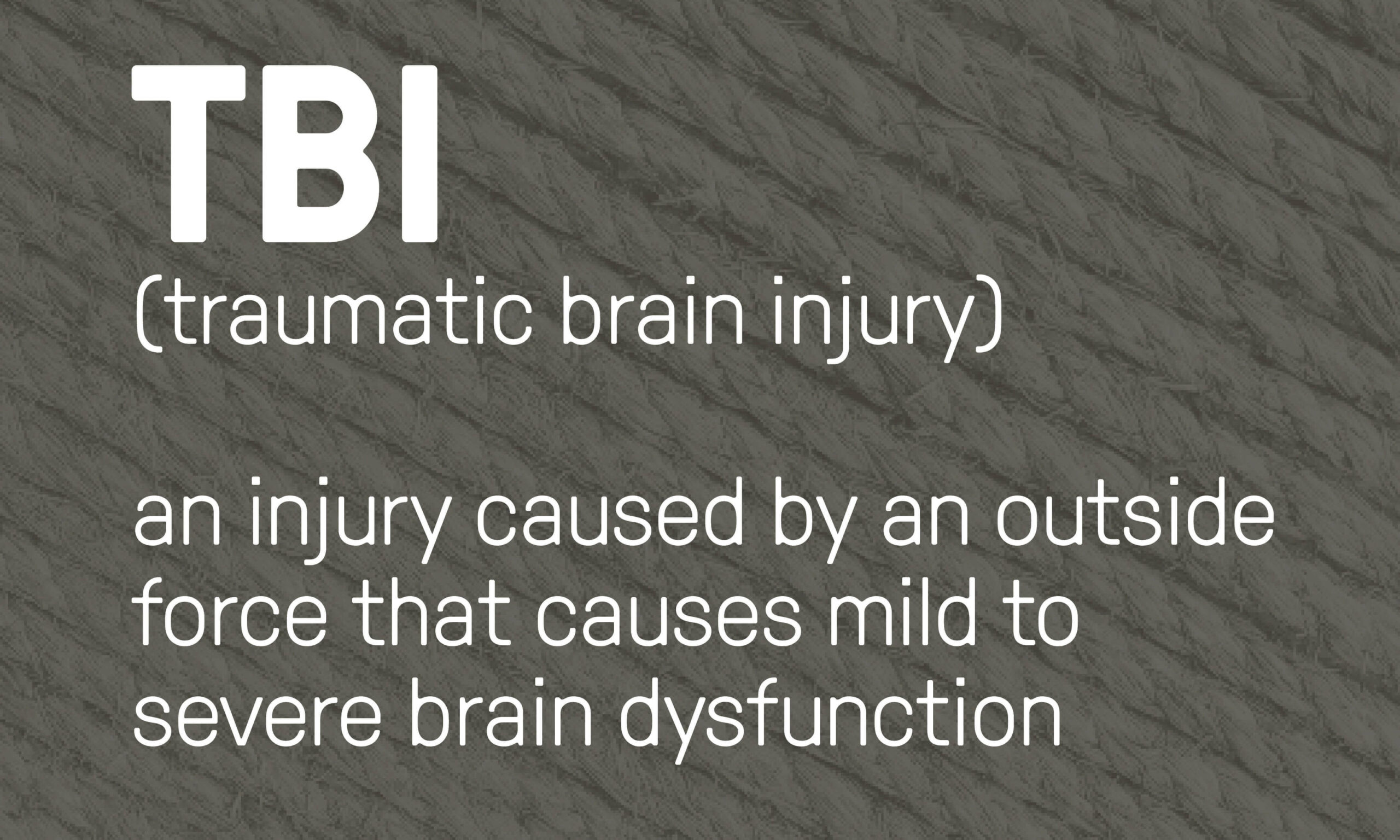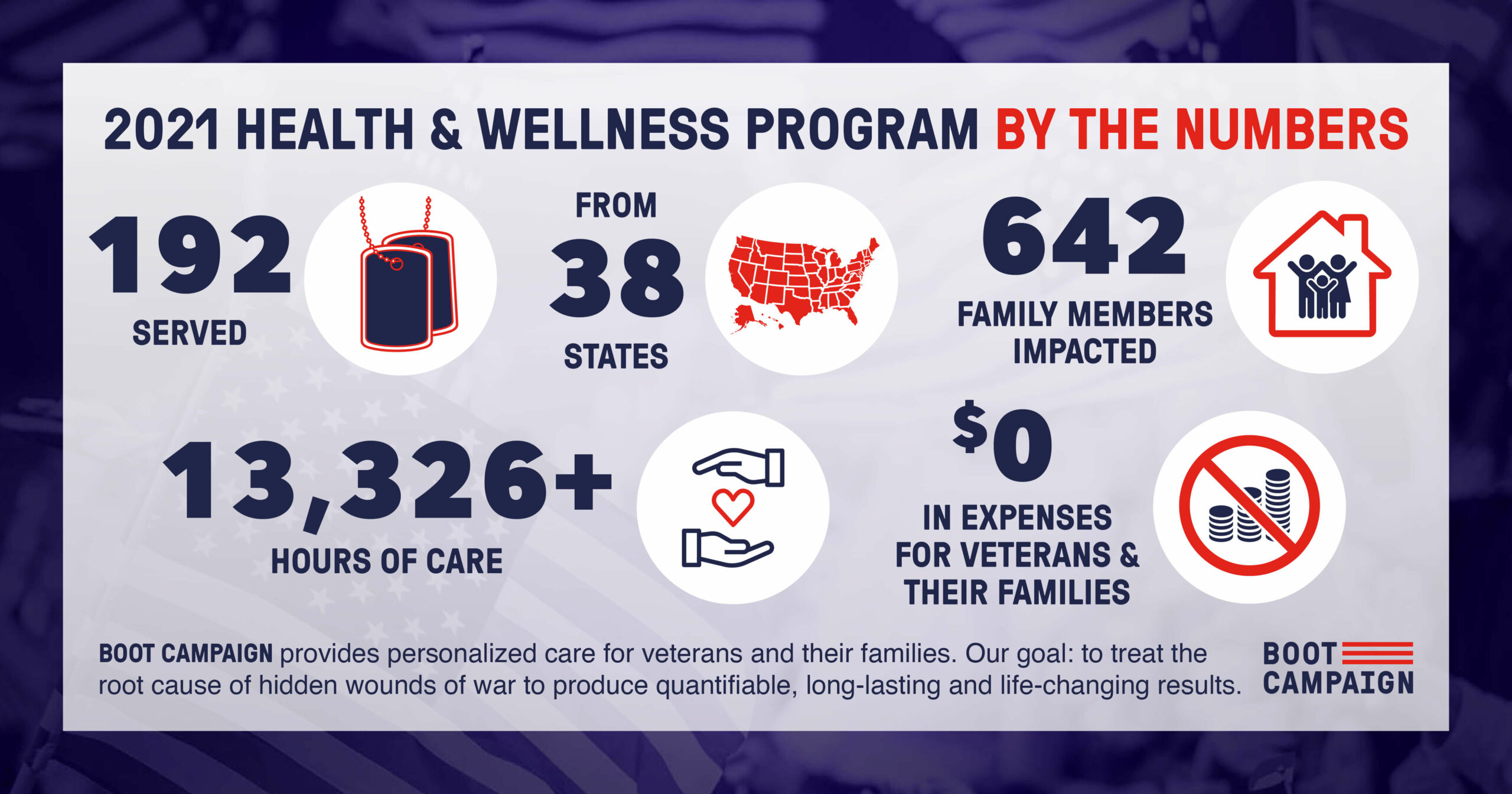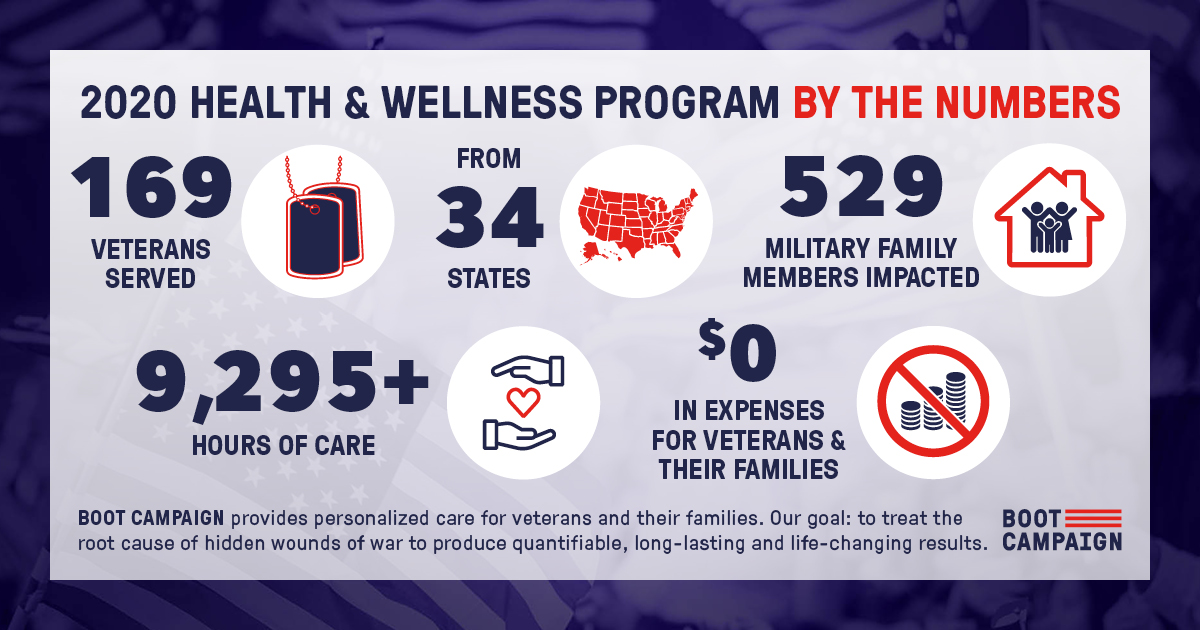Brain Injury Awareness Month – What is TBI?

March is Brain Injury Awareness Month which is near and dear to our hearts and one of the reasons why Boot Campaign exists. It isn’t just on our minds in the month of March, but every day when we receive requests for help for treatment from service members all over the United States. Unfortunately, many Veterans have experienced a Traumatic Brain Injury (TBI) as a direct result of their service to our country. According to the Defense and Veterans Brain Injury Center, 383,947 service members from 2000-2018 throughout all branches have sustained a TBI from combat and non-combat related duties. This figure is astonishing, and very likely not even complete.
What exactly is a TBI? The Centers for Disease Control and Prevention (CDC) define TBI as,a disruption in the normal function of the brain that can be caused by a bump, blow, or jolt to the head, or penetrating head injury. Depending on the severity of the TBI, a person may experience a change in consciousness that can range from being dazed to a complete loss of consciousness. The person may also have a loss of memory either before, after, or both following the event that caused the TBI. Sequela (meaning, after effects) can include immediate and long-term memory issues, personality changes, and problems with planning and executing intentions. That definition hits home when you consider the environment for those kinds of injuries is found in almost every aspect of military service.
And here is where things become difficult. Countless service members sustain TBIs without realizing it. This “invisible” wound can go undetected which affects receiving proper care afterward. Even more concerning is a great number of our service members return home as if they should be “normal,” but without family, friends, or medical professionals addressing this invisible wound. Once home, and back in civilian living, the side effects can begin to show in ways that likely aren’t attributed to what caused the TBI. There begins the cycle of confusion and frustration for our veteran population who don’t feel “quite right” but can’t always pinpoint what the issues are. This ultimately affects quality of life and interaction with family and friends. Diagnosis is critical for the long term well-being of our veterans but the resources available are limiting.
As a wife of a retired Airman who suffers from combat-related TBIs, I know firsthand the importance of proper diagnosis and care. Boot Campaigns’ revolutionary Health and Wellness pipeline provides Veterans access and funding to individualized and comprehensive roadmaps to recovery from invisible wounds of war, post-traumatic stress, addiction, insomnia, or chronic pain.




